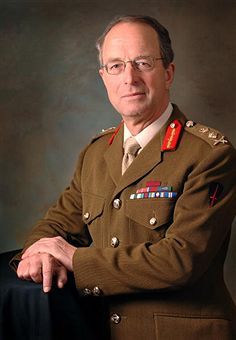 The machinery of British foreign policy has been transformed to accommodate a larger role for DfID; that is one reason why
the aid Budget is increased. Andrew Mitchell is a canny operator, but he has a task on his hands to carry his department with him. DfID is ruled by three warring tribes. The bleeding heart tribe,
who want to give oodles of cash to developing countries and leave them to it; the anoraks, who allocate pounds, pencils and penicillin per head of population; and the realists, who recognise
DfID’s role in conflict zones.
The machinery of British foreign policy has been transformed to accommodate a larger role for DfID; that is one reason why
the aid Budget is increased. Andrew Mitchell is a canny operator, but he has a task on his hands to carry his department with him. DfID is ruled by three warring tribes. The bleeding heart tribe,
who want to give oodles of cash to developing countries and leave them to it; the anoraks, who allocate pounds, pencils and penicillin per head of population; and the realists, who recognise
DfID’s role in conflict zones.
The government is keen that the latter group triumph; this is not the era of money for nothing, nor is it an era that favours processes rather than results. For want of a better phrase, this government wants to re-introduce ‘joined-up government’. DfID has to work closely with the MoD and the Foreign Office, not just in Afghanistan but in any conflict zone, or where British interests lie.
Mitchell is determined to reform his department. Show is important as well as process, and to that end General Richards, the future Chief of the Defence Staff, visited DfID in his gold and braid as a manifestation of the new creed. There was a live inter-departmental discussion about the relationship between aid and conflict, and a general meet and greet with smiles and hugs. The visit is said to have gone down rather well with staff.






Comments